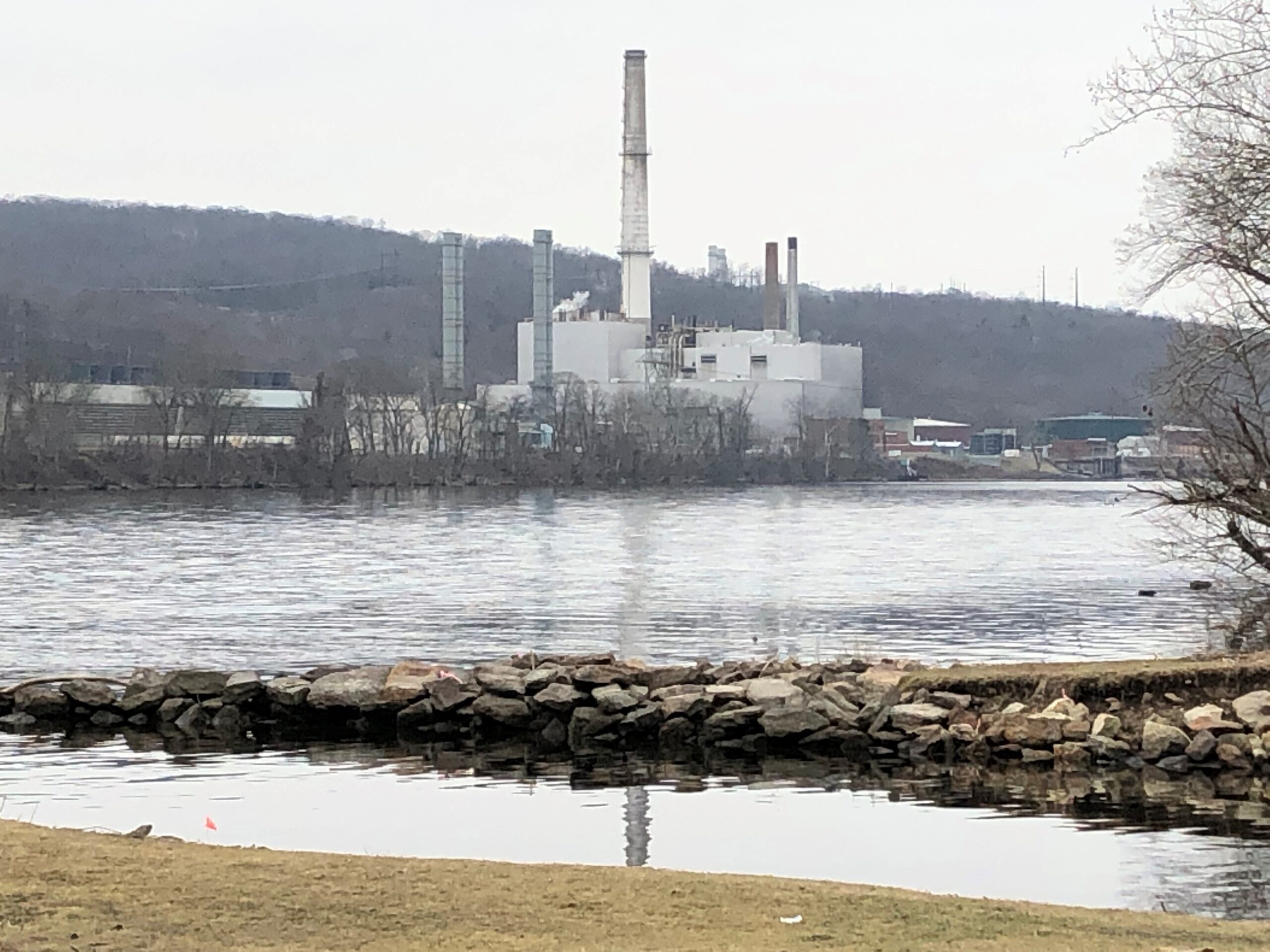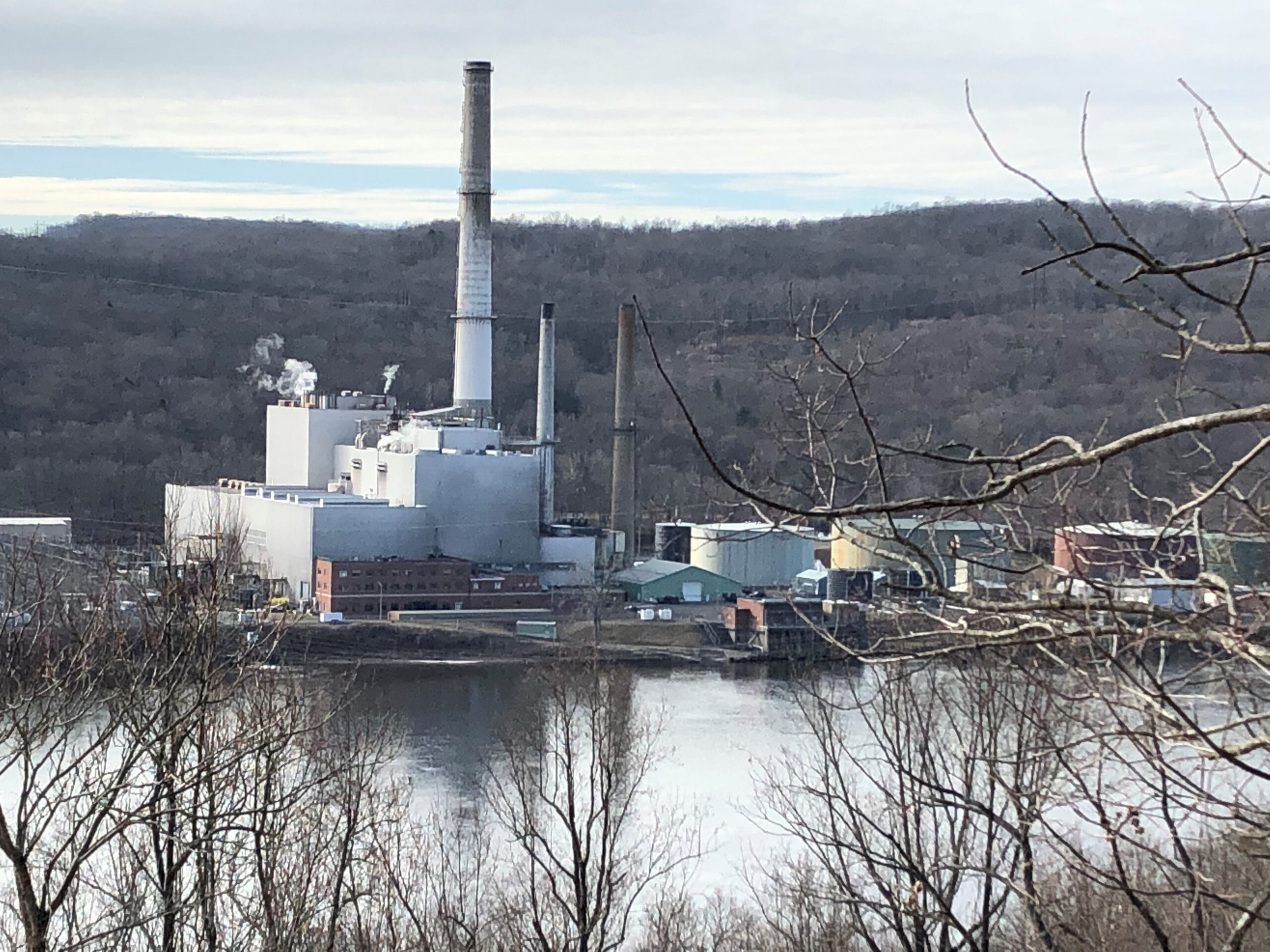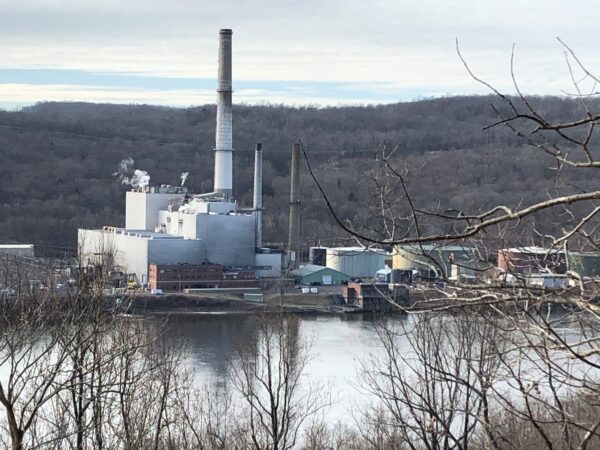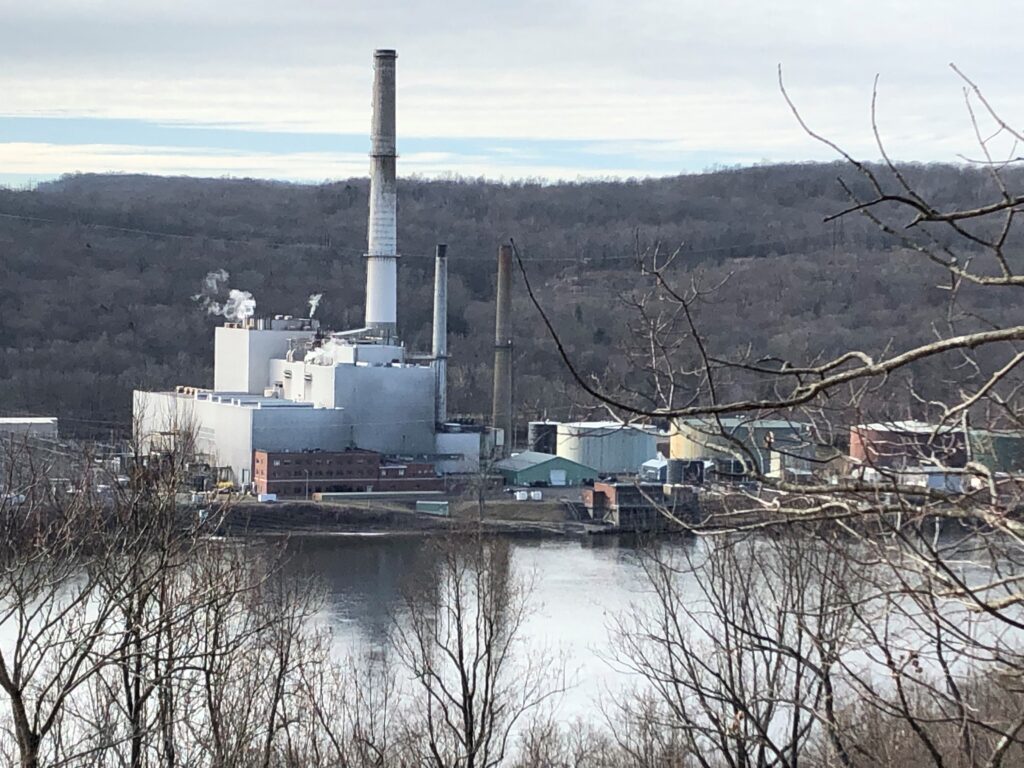A resolution to terminate the tax agreement between the City of Middletown and NRG, owner of the power plant on River Road, will be tabled at the Council meeting on April 5. It appears that NRG is waving the white flag and has requested a one-month delay of Council action in order to terminate the tax agreement by mutual consent with the City.
Pending such a mutual consent agreement, that will presumably be ratified at the May 3 Council meeting, below are the details of the tax agreement for reader information.
So, public testimony at the April 5 meeting will not be needed, though it will be allowed as the item remains on the agenda.
Many thanks to all who participated in and supported our campaign.

NRG Middletown Power Plant — site of proposed new 375 MW generator
The tax agreement with NRG is unfavorable to Middletown. Until the proposed turbine is built and becomes operational— something that could not possibly happen before 2024, at the earliest—property taxes paid to the city are frozen at the 2019 level of $1.78 million per year. The city is losing over $200,000 per year in taxes while the agreement remains in effect for a project that is not getting built anytime soon.
But it the proposed turbine should ever be built — an increasingly unlikely outcome, due to market conditions — the tax agreement represents an unconscionable giveaway to NRG. Why would Middletown give a tax break to a company that is going to pollute our air more and stand in the way of meeting the state’s climate goals?
What would the actual tax revenue from the project be?
Under the terms of the agreement, taxes paid to the city would depend on the “forward capacity market price” for each year. You don’t need to understand what that means. Simply stated, the taxes paid to the city each year would vary between $2.36 million to $3.41 million per year, but would most likely be at the lower end of that range. Over a 25-year period, the total paid to the city would be somewhere between a minimum of $59 million and a maximum of $85.25 million. Assuming the forward capacity market rises over the next five years and NRG or its successor built the plant, we estimate total tax revenue over 25 years of no more than $65 million — and that’s being optimistic and contrary to current trends and predicted future trends in the capacity market.
But with no tax agreement, the taxes paid would depend on different factors — namely, the rate of depreciation assigned by the assessor’s office and the tax mill rate for each year. Assume for our purpose here a constant mill rate of .0358 for 25 years. The depreciation could be 75% of initial value over 25 years, or it could be an accelerated depreciation of 75% of initial value over 17 years. So, without this tax agreement, the total taxes received by the city over 25 years would be between $82.5 million and $123 million.
Summary — Financial impact of the Tax Agreement.
Prior to turbine operation: $200,000 tax loss per year
After turbine operation: $700,000 – $2.3 million tax loss per year (depending on depreciated rate applied by the assessor’s office.)
Let the Common Council know you support termination of the tax agreement with NRG
Email all Common Council members here council@middletownct.gov
For more details on the tax agreement and the calculations cited above, read more below: Continue reading
















